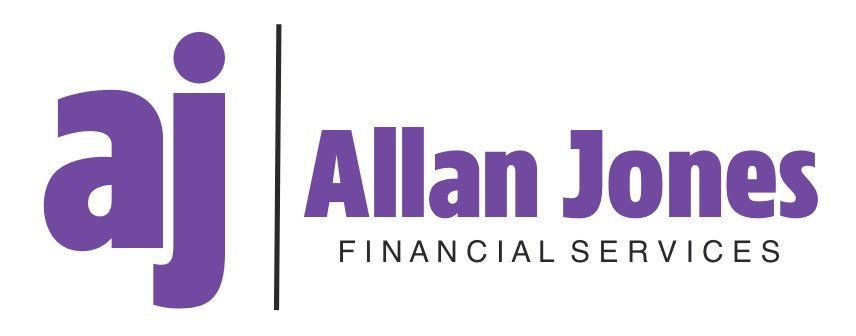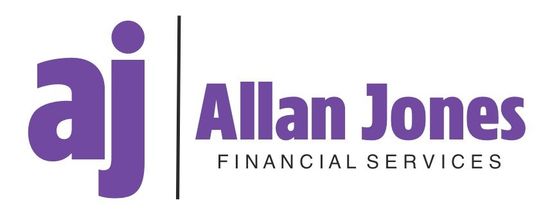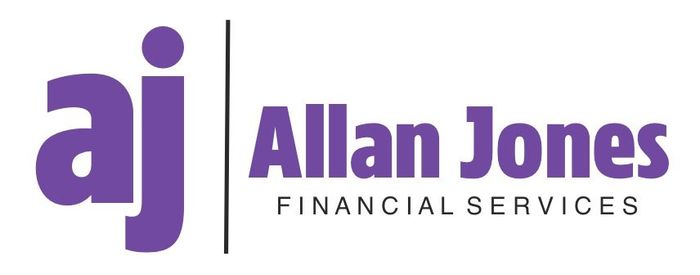Achieving the right outcome for our clients is what motivates us
We provide mortgage and mortgage protection services
Whether you are looking to buy your first home, are an existing homeowner seeking a better rate or are looking to buy to let, call 01776 705040 today or email info@ajonesfinancial.co.uk for an initial, no-obligation chat. We take care to understand your financial circumstances before we search the whole market to find you the very best mortgage to suit your requirements.
Our services
Everyone has different financial circumstances, so it's important to make sure that your mortgage and mortgage protection products are best suited to your needs. That's where seeking professional advice is really important.
Allan Jones
Allan Jones Financial Services Stranraer
Contact us today for an initial consultation
Call 01776 705040 today or email us using the contact form below to arrange an initial, no-obligation chat. There is absolutely no obligation on your part. We just offer expert, honest advice. And what’s more, we never share your details with third parties for marketing purposes either.*
Contact Us
*We will use your name, email address and contact (‘personal information’) to contact you about the services you have requested or respond to an enquiry you have submitted, which will require us to share your personal information with our advisers and our group of companies. For further information on how your information is used, including disclosure to third parties, how we maintain security of your information and your rights in relation to the information we hold about you, please see our Privacy Policy.



